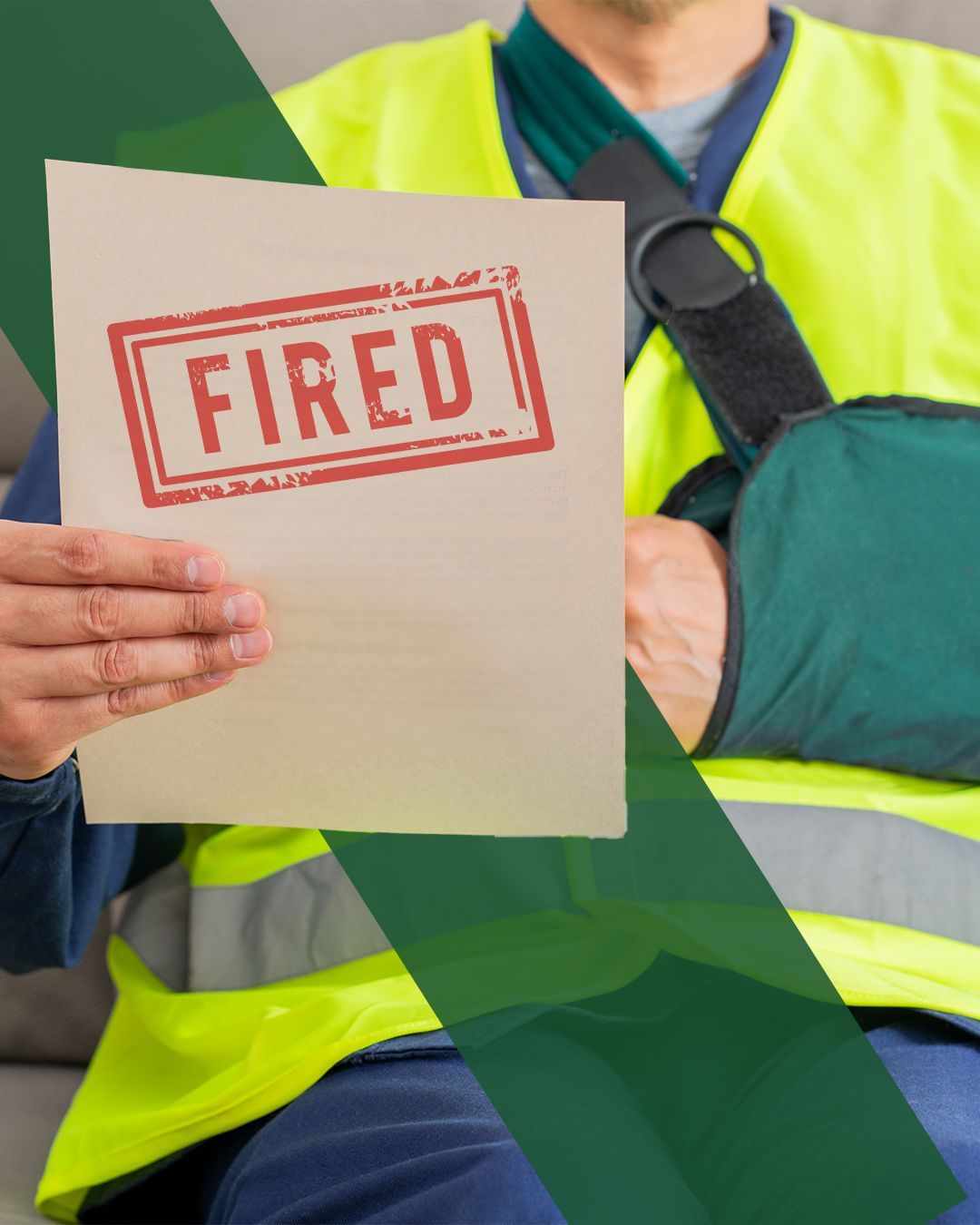5 Concussion Symptoms that Require a Doctor’s Visit
Which Concussion Symptoms May Be Signs of TBI?
Concussions are a type of traumatic brain injury (TBI) and are commonly sustained by car accident victims, occurring when an individual sustains a bump, blow, or jolt to the head from the impact of the crash. However, these injuries frequently go undiagnosed because they can result in late-onset symptoms and accident victims may not feel the need to see a doctor.
Reach out to experienced Luzerne County and Hazleton personal injury lawyers at or contact us online to schedule a free consultation*.
The Importance of Professional Diagnosis
Never attempt to diagnose a potential concussion on your own. Instead, if you are ever involved in any type of accident where you sustain a blow to the head, always get medical treatment as soon as possible.
This way, a doctor can properly diagnose the injury and you can receive the proper treatment. Doing so will also create a paper trail of your injuries which can be used for your claim later on to show the extent and causation of your injuries. With this in mind, there are concussion symptoms that indicate this TBI.
If you experience any of the symptoms below and haven’t seen a doctor, do so immediately:
Recurring Headaches
Following a potential concussion, you may experience pain in the front of your head area and in the forehead and temples. These pains often resemble migraine headaches or may be dull pains that spread across a large area.
Recurring headaches may get worse over time and typically develop because of small collections of blood or fluid inside of the skull.
Slurred Speech
Slurred speech, also known as dysarthria, can develop after a concussion because certain areas of the brain that control muscles or speech may be damaged or temporarily not functioning. As a result, the muscles that control a person’s mouth, throat, and vocal cords may be weak or paralyzed.
Other symptoms that can occur include:
- Slow speech
- Mumbling
- Or breathiness
Drowsiness or Sluggishness
It is very common for individuals with concussions to feel extra tired, worn out, and less energetic. This is because, after a brain injury, a person’s mental and physical “reserves” are often depleted.
It’s recommended that you don’t sleep after head trauma unless you can:
- Carry on a conversation
- You can walk without difficulty
- Your pupils aren’t dilated
- Or you visit a doctor
Nausea or Vomiting
After a concussion, an individual’s brain may be inflamed and have micro-damage. As a result, this damage can interfere with the communication channels between the brain and other systems of the person’s body, such as the autonomic nervous system, which can ultimately impact the digestive system and lead to nausea and vomiting.
Other causes include:
- Headaches
- Skull fractures
- Or vestibular dysfunction, which causes balance and dizziness problems
Disorientation
Your brain helps you think and function, so any injury to this organ can ultimately cause disorientation and confusion. You may have trouble remembering what happened during the accident, be unsure of where you are, or be unaware of time and place.
Some concussions even cause amnesia, which is the loss of memory or inability to form new memories. Luckily, amnesia is usually only temporary for concussion victims.
Your Fight Is Our Fight
At Slusser Law Firm, we know from experience concussions can be detrimental to your daily life. You deserve the resources you need to recover. If your concussion was sustained in an accident due to another person’s negligent or reckless actions, please don’t hesitate to contact our team to learn more about your legal options and potential rights to compensation.
Contact the Slusser Law Firm at for a free, personalized case review. We are available 24 hours a day, 7 days a week, and promise to return your call within one hour.




